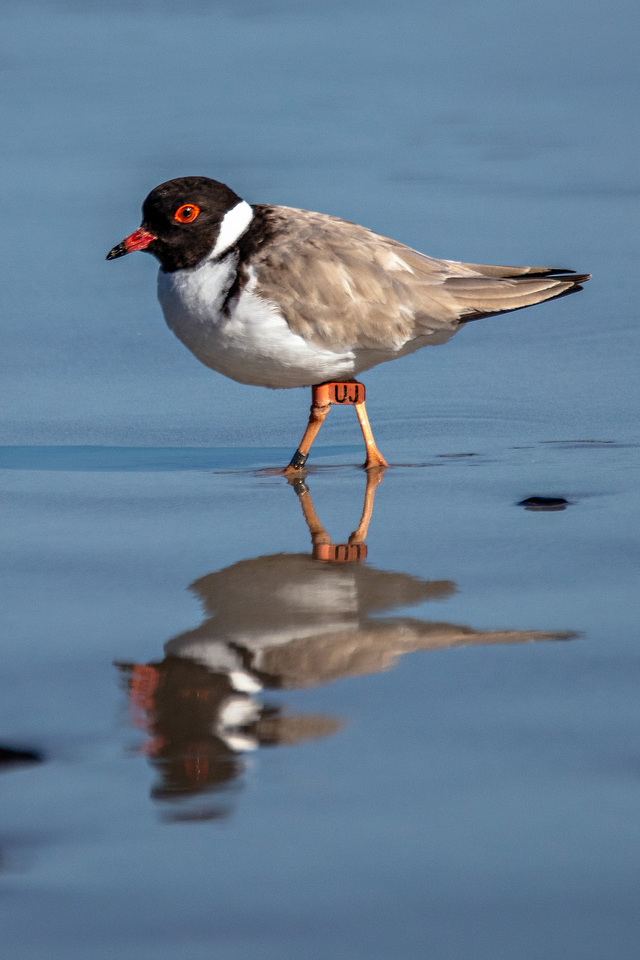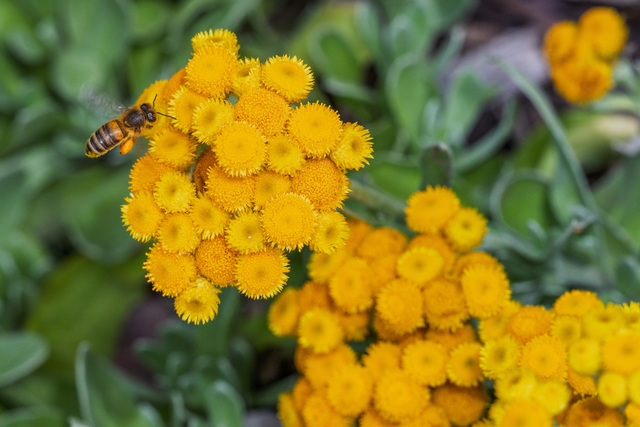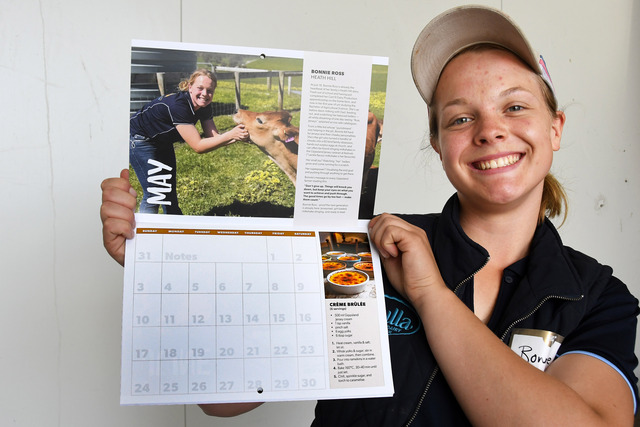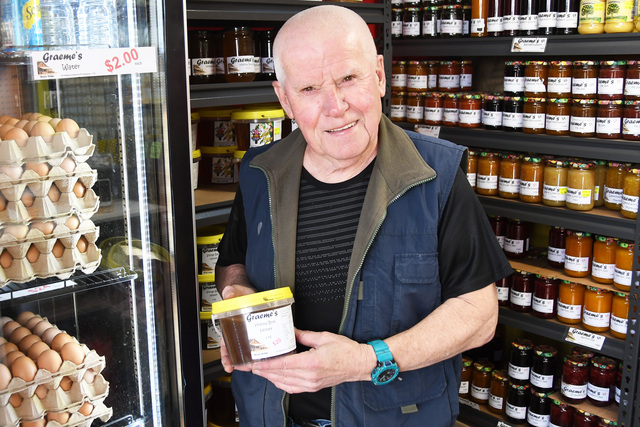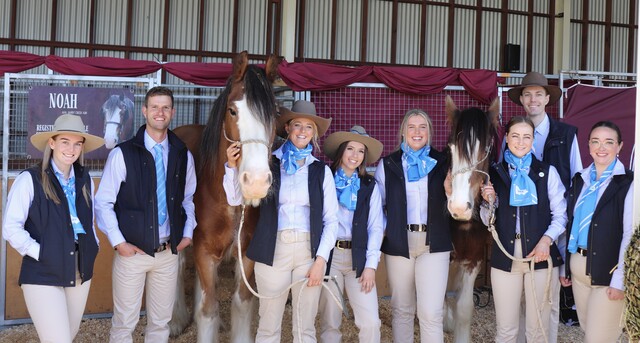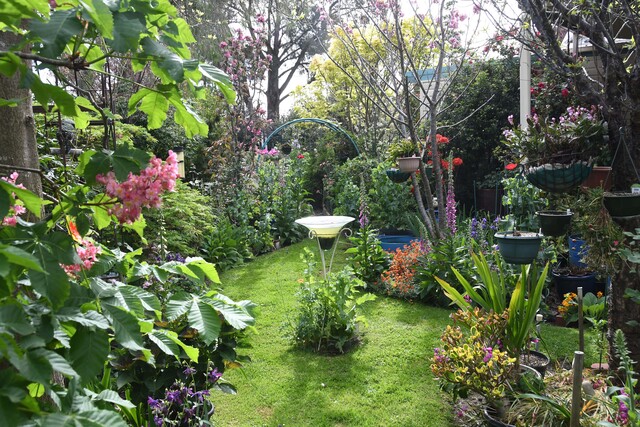Authorities are issuing a reminder to coastal visitors this National Bird Week about the small, but important actions they can take to safeguard vulnerable hooded plovers as they begin nesting along Victoria’s shorelines.
Spring also marks the start of joint protection efforts by the Conservation Regulator, Parks Victoria, and BirdLife Australia under Operation Save our Hoodies (SoHo), an initiative educating beachgoers about keeping their distance from hooded plovers and their nests and taking enforcement action when these rules are broken to support the species during their crucial breeding season.
Hooded plovers are tiny, threatened birds that lay eggs in shallow sand scrapes and raise their chicks on beaches between August and March.
The species faces significant threats from people trampling nests or scaring adult birds away from their nests, which leaving eggs vulnerable to the weather and predators, and from dogs chasing, catching, or killing vulnerable chicks.
Last season, Birdlife monitored 152 breeding pairs along Victoria’s coastline and recorded 61 chicks that survived to become juveniles.
Conservation Regulator and Parks Victoria Authorised Officers are patrolling Victorian beaches from the far south-west along the coast to Mallacoota in Gippsland as beaches get busier, while BirdLife Australia is monitoring hooded plovers and helping protection efforts by raising public awareness of the species, installing signage, and fencing-off nesting sites.
This year there will be more on-ground presence, education and infrastructure through Operation SoHo.
David McIlroy, director of Regulatory Operations, Conservation Regulator Victoria, said: “While this week is a great time to celebrate hooded plovers, it’s also crucial for drawing attention to the plight of these tiny native birds and the major impacts beachgoers have on the survival of their eggs and chicks.
“By staying alert to the presence of hooded plovers on beaches from now until March and keeping dogs on leads, not only will community members stay on the right side of the law, but they will be helping protect one of our most vulnerable species.”
During the last breeding season from September 2023 to April 2024, Authorised Officers conducted 260 patrols along the Victorian coast and engaged with more than 1600 people.
Authorities also found more beachgoers doing the right thing, issuing only 32 fines, down from 83 in 2022-23, to people for various offences, including disturbing birds and dog owners not complying with rules near hooded plover habitat.
The Conservation Regulator has also selected the hooded plover as one of six native animals featured in its Focus Species program, an initiative promoting wildlife protection at home and in the wild.
The program aims to engage and educate the public on why Victoria’s environmental regulations exist and how following them helps native species survive and thrive for generations to come.
Hooded plovers are protected under the Wildlife Act 1975 and it is illegal to disturb, injure or destroy them, damage their habitat, or interfere with warning signage. Offenders face maximum penalties ranging between $3,951 and $47,421.
Dog owners must also be aware of local beach regulations, particularly areas where dogs are prohibited, and always keep pets on lead or under their control, as they face fines of up to $4,939 if their dog attacks wildlife.
The Conservation Regulator investigates reports of habitat destruction and dogs harassing hooded plovers. Reports can be made to Crime Stoppers Victoria on 1800 333 000.
The public is encouraged to report any sightings of hooded plovers nesting in unmarked areas to BirdLife Australia at (03) 9347 0757 or beachnestingbirds@birdlife.org.au

